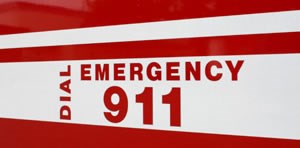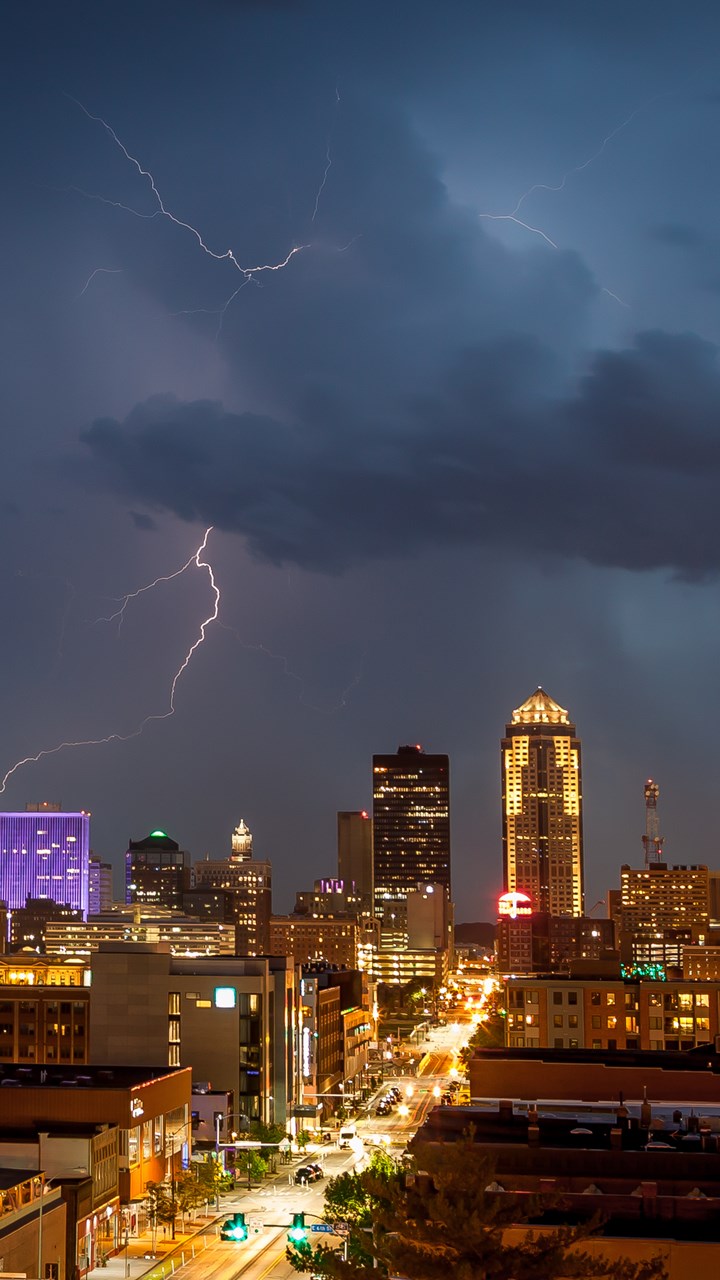911 Education
When should I call 9-1-1?
- To report a crime in progress
- To report a fire
- To save a life
- Anytime an emergency response is required by law enforcement, fire or emergency personnel.
You should call 9-1-1 anytime you believe there is an actual emergency. Do not call 911 to ask routine questions, seek information about traffic tickets, court, to get directions, or to ask for information about prisoners in jail. If you are in doubt about whether your situation is an emergency, then play it safe and call 911 and the dispatcher will make the final determination.


Situations that are NOT 9-1-1 Emergencies
Please do not call 9-1-1 to report that electricity or other utilities are off; to notify authorities of traffic jams; to inquire about government services or learn general information. Consult your local phone directory for the appropriate numbers.
REMEMBER: If the 9-1-1 system receives multiple calls at the same time, these calls will be answered in the order they are received and handled on a priority basis. Please be patient if your call is put on hold. DO NOT HANG UP!
REMEMBER: When using a phone at a business or public building, it may be necessary to obtain an outside line before dialing out. For example, you may have to dial an access code such as 9 before dialing 9-1-1.
How will my call be handled by the 9-1-1 dispatcher?
When you call 9-1-1 to report an emergency, be prepared to answer 5 basic questions...
- Where is this happening?
- What is happening now? Why?
- Who is involved? Descriptions?
- When did this happen?
- Is anyone injured?
Other information you may need
Include the exact location or address of the emergency. Provide nearby intersections, landmarks, building name, floor, room or apartment number, as well as directions to the address if they are requested. As soon as the dispatcher has determined your location and type of emergency, he or she will send help. However, the dispatcher may keep asking you questions to gather information about the situation to pass along to the emergency personnel on the way to the scene. Don’t hang up until the dispatcher instructs you to do so.
I accidentally dialed 9-1-1. What should I do?
9-1-1 centers have been inundated with calls from people attempting to dial a 991 or other number. If you dialed 9-1-1 by mistake, stay on the line and tell the dispatcher that you have misdialed. If you hang up before talking to the dispatcher, the call will still be delivered to the 9-1-1 center. Valuable time may be lost for other callers while the dispatcher is trying to verify that there is no emergency at your location.
What do I need to know to give a good description?
In many 9-1-1 emergencies, the dispatcher will ask you to describe either the people or the vehicles involved in the emergency.
When describing and individual, start at the top of the heard and work your way down:
- What was the race and sex of the individual?
- How tall was the individual?
- What was the hair color?
- What was the individual wearing? (start from the top of the head and go down)
- Did the individual have a mustache, beard, accent, limp, glasses or anything unusual that might make him or her stand out?
When describing a vehicle, the dispatcher will ask for the following information:
- Color
- Year of the vehicle
- Make of vehicle
- Body style
- Additional description (damage, lights not working, etc.)
- License plate number and state of the vehicle
If you don’t know any of the above information, a general description of the vehicle will help. Example: A large, dark, older vehicle.
What should I teach my children about calling 9-1-1?
While many children are familiar with dialing 9-1-1 in an emergency situation, they often do not know other important information, such as their address or how to reach a parent at work. Experts recommend that you begin teaching your children this important information at about age three:
- Their full names, parents’ full names, homes address and phone number with area code
- Your cell phone number
- The name and phone number of your employer
- What an emergency is and when to call 9-1-1
- How to hold the phone properly so that they can speak clearly into the phone
- That it is against the law to call 9-1-1- as a joke or prank
- Not to be afraid to call 9-1-1.
Teaching your children to call you at work before calling 9-1-1 wastes valuable time. Give them permission to call 9-1-1 if they think there is an emergency.
REMEMBER: Attempt to stay calm when you are talking to a 9-1-1 dispatcher. Take a deep breath. Listen to and answer each question. Do not hang up after dialing 9-1-1 until the dispatcher tells you to do so (even if you did not mean to dial 9-1-1).
Does it make a difference if I call 9-1-1 on a wireless phone?
YES! It is very important that you provide as much information as possible to the dispatcher. This includes:
- Your wireless phone number
- Location of the emergency
- The name of the road you are traveling on, direction you are headed and any physical landmarks
- How many miles from or to the nearest town or cross street
Technology in use in Polk County allows dispatchers to receive the phone number and approximate location from where the wireless 9-1-1 call originated. But it is still important to know your exact location in the event of an emergency. Make it a habit to note mile markers and other road signs that would help you indentify where you area should you need to call 9-1-1.
How does the 9-1-1 center know my location?
9-1-1 calls go through a special router that uses x, y coordinates to pinpoint the caller’s location on a map. This allows the 9-1-1 dispatcher to relay accurate location information to the appropriate agencies.
Depending on the capabilities of your cellular service provider, though, complete location information may not always be available to the 9-1-1 dispatcher. If your phone is equipped with the appropriate software and the carrier’s network supports it, location information will be sent with your 9-1-1 call. If you have questions regarding y our cellular phone’s readiness, contact your wireless service provider.
What about Internet phone services? How do they work with 9-1-1?
Several companies now offer phone services that allow people to use ordinary telephones to make calls through the Internet. This type of service, called Voice over Internet Protocol (VoIP), can cost significantly less than traditional phone services. VoIP often looks and works just like a regular phone. The difference is in how your voice is transported.
Since 2005, Internet phone companies have been required to offer Enhanced 9-1-1 — the technology that provides dispatchers with your phone number and location — to their customers.
If you use VoIP, call your service provider and find out how they handle 9-1-1 calls. Your call may be routed to an incorrect dispatch center with no location or call-back information. Even if it is routed correctly, it is unlikely that the 9-1-1 dispatcher will receive your call-back telephone number and/or location information.
REMEMBER: Many people do not have their cellular phone number memorized. Make sure that you have the number written down in an easy to find location before you need to call 9-1-1.
Can I call 9-1-1 if I use a TTY?
Yes. All Public Safety Answering Points (PSAPs) are equipped with TTY (text telephone) equipment. Communications professionals receive extensive training in handling emergency situations using this equipment.
Can someone who does not speak English call 9-1-1?
Yes. All Public Safety Answering Points (PSAPs) subscribe to the Language Line, which provides access to interpreters who speak more than 140 languages. The Language Line maintains a 24-hour communications center.
Will I receive medical information when I call 9-1-1?
The information that you will receive when dialing 9-1-1 varies depending on your location and the type of emergency. In all cases, dial 9-1-1 for medical emergencies that require an ambulance.
Be prepared for an emergency by learning CPR and other life saving techniques. Contact your local fire department, emergency medical service department, American Red Cross or the American Heart Association for more information.
Should I call 9-1-1 when my utilities stop working?
NO. You need to contact your individual utility companies, who provide phone, gas, water and electric services to your home. The 9-1-1 dispatcher CANNOT help you when these utilities stop working.
